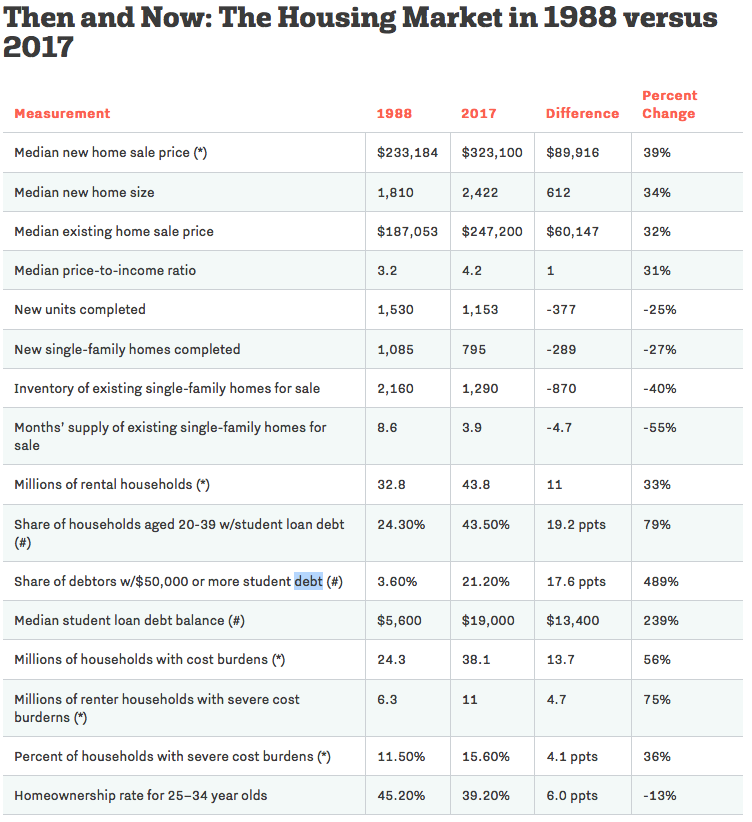What happens when NJ can’t afford to pay it’s own taxes anymore? Rampant (fraudulent?) mismanagement of assessments? Detroit offers a glimpse into what to come in NJ. From the Detroit News:
One in 10 Detroit tax foreclosures between 2011 and 2015 were caused by the city’s admittedly inflated property assessments, a study by two Chicago professors has concluded.
Over-assessments causing foreclosure were concentrated in the city’s lowest valued homes, those selling for less than $8,000, and resulted in thousands of Detroit homeowners losing their properties, according to the study.
“The very population that most needs the city to get the assessments right, the poorest of the poor, are being most detrimentally affected by the city getting it wrong,” said Bernadette Atuahene, a law professor at the Chicago-Kent College of Law who has studied the impact of the city’s over-assessments on homeowners.
“There is a narrative of blaming the poor that focuses on individual responsibility instead of structural injustice. We are trying to change the focus to this structural injustice.”
The Wayne County treasurer foreclosed on about 100,000 Detroit properties for unpaid property taxes from 2011 through 2015, about a quarter of all parcels, as the city suffered the after-effects of population decline, the housing market crash and the Great Recession.
The study, co-authored by Christopher Berry, a professor at the University of Chicago Harris School of Public Policy, is the first to publicly estimate how many foreclosures were caused by the city’s chronic over-valuation of city property, the authors say.
Atuahene and Berry acknowledged many things trigger tax foreclosure, anything from an owner’s job loss to a death in the family.
They estimated the number of foreclosures caused by over-assessments in part by calculating the foreclosure rate if all properties were properly assessed. The study also controlled for properties various purchase prices, neighborhoods and sale dates.
Detroit officials, including Mayor Mike Duggan, have acknowledged the city’s assessments were inflated for years but said accuracy has improved with double-digit reductions over the last four years. The city completed a city-wide reassessment in 2016, required by the Michigan State Tax Commission. The city had not done a complete reassessment since the 1950s.
State regulators launched an investigation in 2013 citing a series in The Detroit News that exposed rampant over-assessments, tax delinquencies and mismanagement in the city’s Assessment Division.
…
Atuahene, also a member of the Coalition to End Unconstitutional Tax Foreclosures, said the group wants the city to provide “reparations” for families who forfeited their homes in tax foreclosures, like she and community activists have done for the Bonnett family.
The county foreclosed on Sonja Bonnett’s home in 2015 over $5,000 in unpaid taxes. Bonnett, 38, was purchasing the home on land contract for $20,000. Atuahene said Detroit taxed her home at a market value of $46,000.
The coalition recently partnered with a housing nonprofit to buy another foreclosed home and give it to Bonnett along with her husband and seven kids. They will celebrate her move in Thursday.
Bonnett said the city needs to repay homeowners who lost their homes because they could not pay tax bills that were artificially inflated by bad assessments.
“They wrongfully lost their houses,” Bonnett said. “It wasn’t just morally wrong. It was illegal.”

